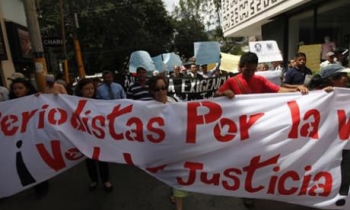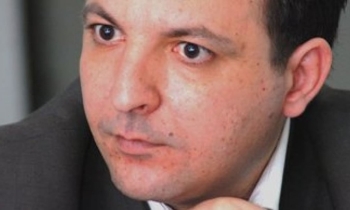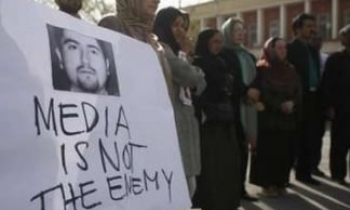NEW YORK: Although The Miami Herald had no direct involvement in the ethical dust-up over paid broadcast appearances at El Nuevo Herald, its Spanish-language sister paper, Miami Herald staffers are being impacted in several ways.
First, Executive Editor Tom Fiedler said he plans to institute a new policy requiring every Miami Herald newsroom employee to review and sign the paper's ethics policy annually. Previously, only new employees were required to do it.
"It is public and it is on our internal Web site," Fiedler told E&P about the policy. "But we are going to ask people every year to sign it."
The new ethics requirement was in response to the recent uproar at El Nuevo Herald over staffers at that paper receiving payments to appear on Radio Marti and TV Marti, two U.S government-sponsored outlets that broadcast into Cuba with anti-Castro messages. After it was determined that two staff reporters and one freelancer had accepted such payments, they were dismissed.
But earlier this week, Publisher Jesus Diaz, who was publisher of both papers, revealed that he had reversed the dismissals after finding out that a former editor had approved such appearances. He also revealed that an internal probe found another group of staffers had also made such paid appearances.
El Nuevo Herald announced that none of those involved would be punished, but instituted a new policy barring such appearances in the future. Fiedler said some of his reporters were angered that the El Nuevo Herald reporters were given such a pass.
"There is some strong sentiment among people here who were not happy," Fiedler told E&P. "That all journalists should know there was a bright line not to cross."
But Fiedler said he did not oppose such a decision, pointing out that El Nuevo Herald's own investigation found that the rules were not clear for their staffers and that some past decisions had supported the paid appearances. "I would accept the position that the reason he reversed that initial firing was that there was so much ambiguity and some people had received explicit permission that they had to recognize," the editor said. "At this point going forward there will be a different understanding."
Fiedler said the Miami Herald ethics policy has long disallowed anything perceived to be a conflict of interest, noting that the Radio Marti and TV Marti examples applied because they involved a government-backed organization. He said his staffers are allowed to engage in outside paid activities that are not conflicts, citing sports columnist Dan Lebatard's work with a local radio station and ESPN.
"He is not allowed to write anything that promotes either of those entities,." Fiedler stressed. "He can't use his column here to promote those products. It is pretty basic."
Fiedler, a 33-year veteran of the Herald, added that el Nuevo Herald is a different type of newspaper than the Miami Herald. He said it has been known as more of an advocacy paper. "They really do have a different sense of mission, they are serving a different audience and they begin from a different place of what that newspaper's role is," Fiedler explained. "Their operating paradigm is to be more of an advocacy paper as it regards democracy in Cuba."
Fiedler said such a different approach is good for the community and rarely, if ever, impacts his paper. "I don't think it affects us in how we go about doing what we do," he stated. "There is very little contact on the reporter/photographer level and on the senior editor level it is very civil." He said El Nuevo Herald's history dates back to the 1970s when it was a section in the Miami Herald. It went separate as a daily on its own about 10 years ago, Fiedler said.
"We do very different things and there is very little relationship on a staffer to staffer level," Fiedler said about the papers, both of which are owned by the McClatchy Company and are located in the same building. "We operate like ships in the night."
One drawback, however, has been the perception that he has control over the el Nuevo Herald newsroom, Fiedler said, adding that some have criticized him for allowing the recent events there to occur. "People think el Nuevo Herald is an arm of the Miami Herald and that I have the power to influence those decisions," he said. "I think it is generally people who don't read either one."
Fiedler addressed that issue earlier this week during a staff meeting, in which he shot back at some local criticism, noting that such critics included the "22 people who listen to Cuban radio" and were being stirred up by "little Chihuahuas nipping at our heels." In an editor's note today, he apologized for the comment, writing that it was "an ill-chosen metaphor."
Joe Strupp (jstrupp@editorandpublisher) is a senior editor at E&P.









